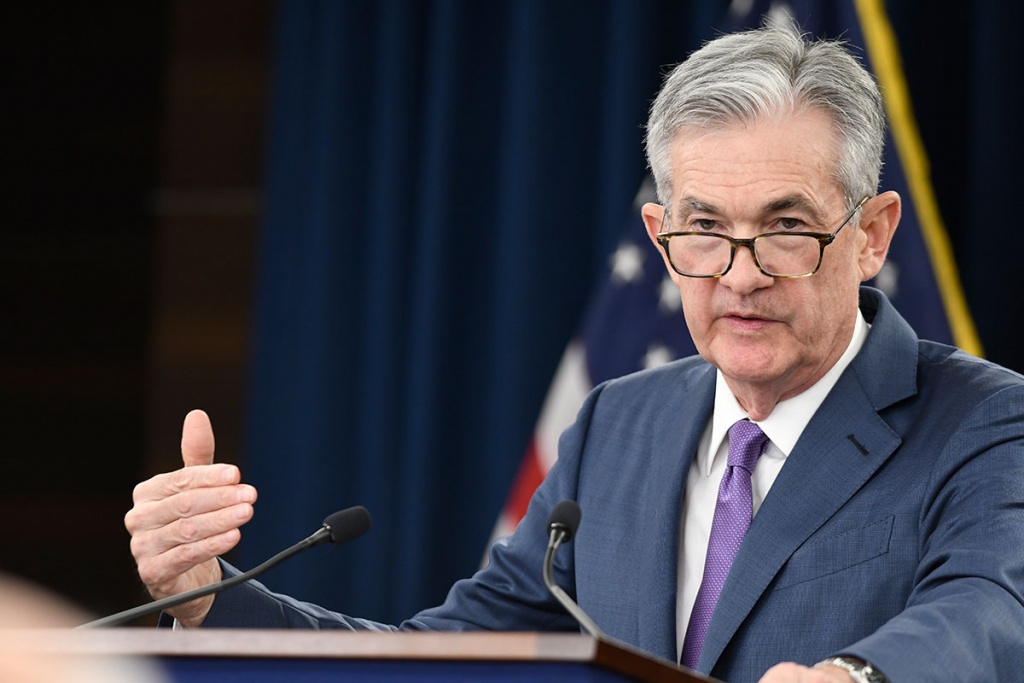
At the much anticipated Jackson Hole Economic Symposium conference on August 27 held in the state of Wyoming, Federal Reserve Chairman Jerome Powell officially announced the changes in US monetary policy going forward where the Fed will focus on increasing inflation as its main approach to the recovery of the US economy. The Fed’s “average inflation targeting” plan will help ensure price stability where inflation rates will be driven past the standard 2% mark and in order to achieve this, the Fed will have to offer more stimulus and inject more money into the economy.
This is based on the fundamental principle that higher inflation rates are a result of lower unemployment rates – with more stimulus pumped into businesses across the US, employment rates will increase, leading to higher salaries and the appreciation of value on goods and services, thus increasing inflation. Despite the implications of inflation and uncontrolled stimulus packages such as the depreciation of the US Dollar, Powell stated that inflation is an instrumental tool in the US’ economic machinery and it is also crucial to consider interest rates.
“We have also made important changes with regard to the price-stability side of our mandate. Our longer-run goal continues to be an inflation rate of 2 percent. Our statement emphasizes that our actions to achieve both sides of our dual mandate will be most effective if longer-term inflation expectations remain well anchored at 2 percent. However, if inflation runs below 2 percent following economic downturns but never moves above 2 percent even when the economy is strong, then, over time, inflation will average less than 2 percent,” said Powell.
While news of the US’ worrying monetary policies over the past few months have driven investors to safe-haven assets such as gold and increasingly, a digital asset such as Bitcoin, Bitcoin and gold prices fell by over 1% and 0.6% respectively following the announcement. This may seem counterintuitive, but Patrick Tan, CEO of Novum Alpha, a digital assets hedge fund based in Singapore, said that investors have likely shifted to stocks “that were considered more ‘risky’ in a boost to rotational play” in response to the Fed’s dovish stance.
“It remains to be seen how unprecedented fiscal and monetary policy moves can control the inflation genie without it running amok. In the meantime though, so-called inflation hedges like tech stocks, gold and Bitcoin will see pullbacks. But when inflation rears its head, expect these current laggards to come back into sharp focus,” he shared.
You may also want to read: Return of the Bear? Crypto Market Plunges After Fed’s Shift in Monetary Policies


